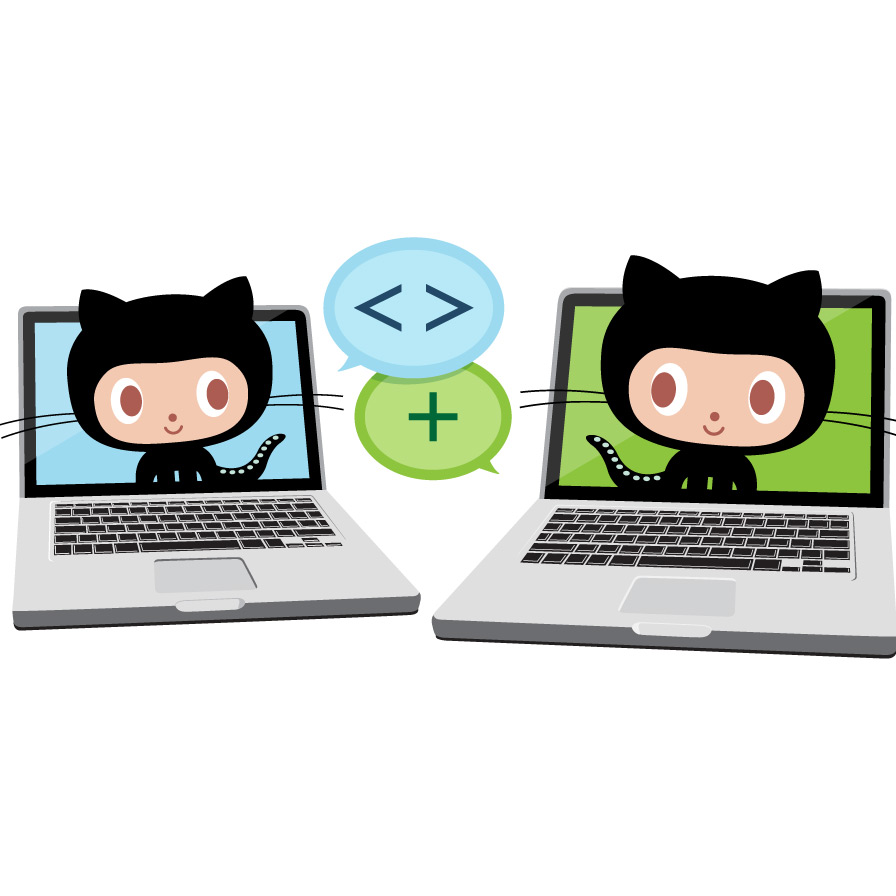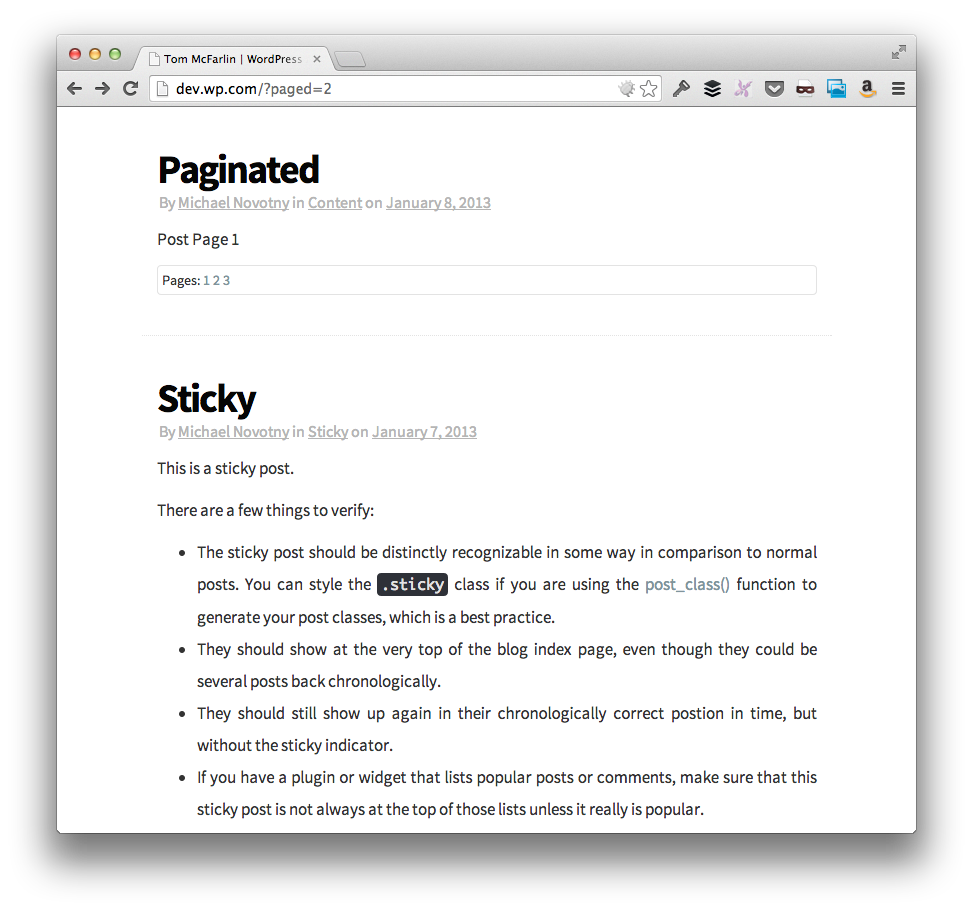One of the things that I love about working with WordPress is the entire hook system – you know, the various `add_action` and `add_filter` calls that you can make in order to manipulate content prior to sending it up to the browser.
I think that it provides a really powerful mechanism for working content prior to saving it to. or retrieving it from, the database.
Now, to be clear, I’m not someone who thinks that everything should be object-oriented versus functional versus procedural. Generally speaking, I think that certain paradigms lend themselves to certain strategies more so than others.
Case in point: The fact that WordPress `functions.php` file is nothing more than a collection of functions is fine with me; however, I really like the fact that I can write plugins using object-oriented programming.
Anyway, one of the the things about the hook system is that it can result in writing repetitive code – which I’ll show in a moment – which can in turn make for very long, very tedious, and very redundant functions.
Or, more generally stated, it can result in less than stellar programming practices.
So when these situations arise, I try to look for opportunities that help to keep functions lean, but yet maintaining a purpose, as well as easy to follow. I think it pays off significantly when it comes time to read back through the code, maintain the code, and to document the code.
Continue reading






